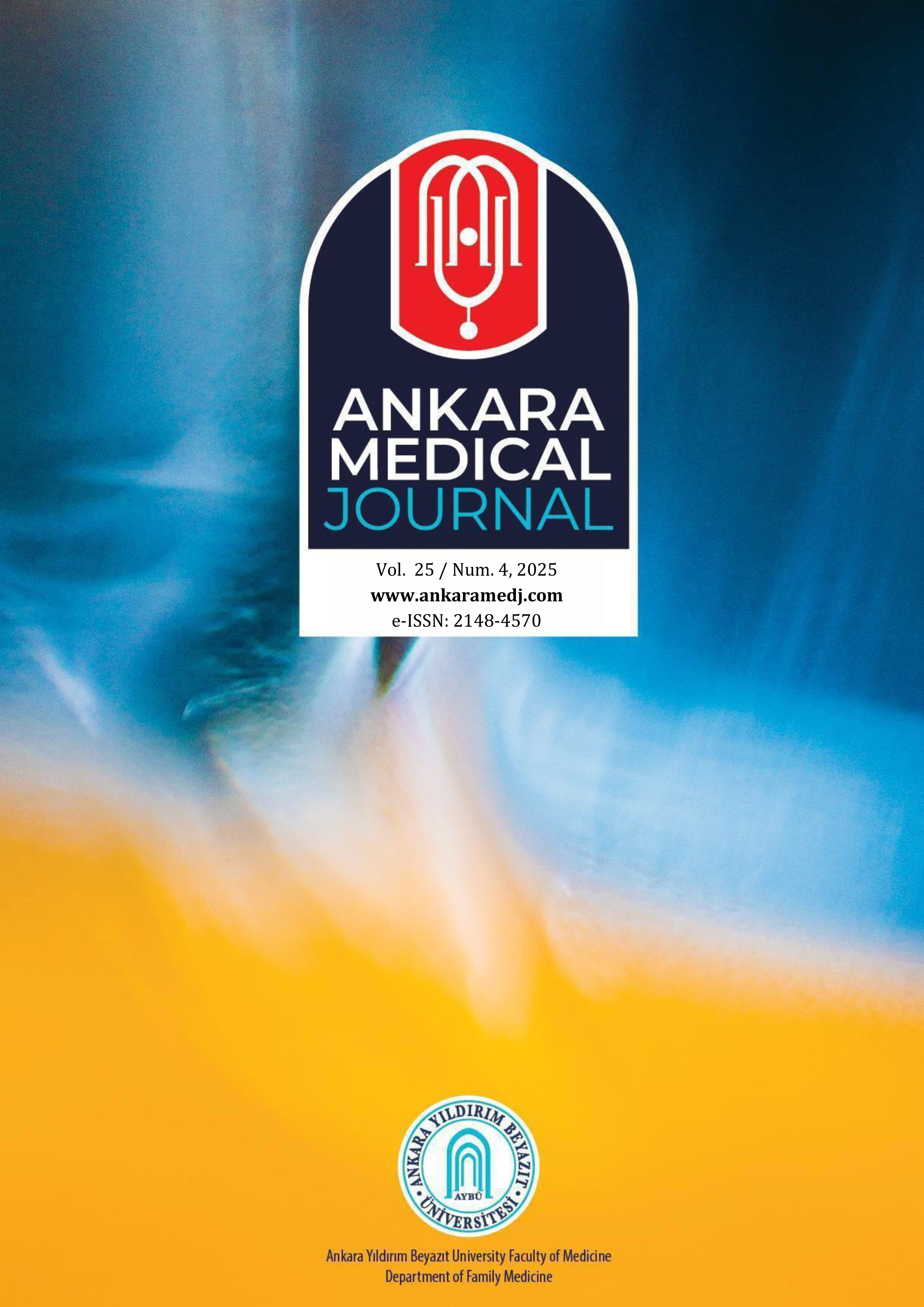A Review of Protective and Risk Factors Affecting Psychosocial Health of Healthcare Workers in Pandemics
Fatma Enli Tuncay1, Engin Koyuncu2, Şule Özel31Ankara City Hospital, Maternity Hospital, MSW, Ankara2Ankara City Hospital, Dept of Physical Medicine and Rehabilitation, MD, Assoc. Prof., Ankara
3Ankara City Hospital, Maternity Hospital, MD, Assoc. Prof., Ankara
In pandemics, work load and stress levels increase significantly for healthcare systems in general and healthcare professionals in particular. Long working hours, difficult working environment conditions, the increase in the expectations and concerns of the society together with the number of patients, and the risks of getting infected themselves affect the overall psychosocial functionality and resilience of healthcare workers. In these periods, there is a need to work on protective and risk factors in order to provide supportive psychosocial services and programs for healthcare workers considering their increased risk of vulnerability levels. This review aims to review the protective and risk factors affecting the psychosocial health of healthcare workers during pandemics, based on literature information about recent outbreaks (SARS, MERS-CoV and mostly Covid-19 examples). The examination was limited to studies in which psychosocial variables were evaluated. Healthcare professionals may show the symptoms of psychiatric diorders such as anxiety, depression, post-traumatic stress disorder and burnout at a higher level in pandemics than the general population. Studies examining the psychosocial aspects of pandemics have shown that women and nurses are more affected. Adequate hygienic conditions, access to protective equipment, balanced workingresting hours, social and emotional support relationships between work teams and supportive services from management units are among the protective factors. In order to protect the psychosocial health of healthcare workers, they should be protected against stigmatization and socially supported.
Keywords: Pandemic, health care workers, employee health, psychosocial factors, covid-19
Pandemilerde Sağlık Çalışanlarının Psikososyal Sağlığını Etkileyen Koruyucu ve Risk Faktörlerine İlişkin Bir Derleme
Fatma Enli Tuncay1, Engin Koyuncu2, Şule Özel31Ankara Şehir Hastanesi, Kadın Doğum Hastanesi, Uzman Sosyal Çalışmacı, Ankara2Ankara Şehir Hastanesi, Fiziksel Tıp ve Rehabilitasyon Kliniği, Doç. Dr., Ankara
3Ankara Şehir Hastanesi, Kadın Doğum Hastanesi, Doç. Dr., Ankara
Pandemilerde genelde sağlık sistemleri, özelde ise sağlık profesyonelleri için çalışma yükü ve stresi belirgin derecede artar. Uzun mesai saatleri, ağırlaşan çalışma ortamı koşulları, hasta sayısıyla birlikte toplumun beklenti ve kaygılarındaki çoğalma ve de çalışanların kendilerinin hastalanma riskleri bir bütün olarak sağlık çalışanlarının genel psikososyal işlevselliğine ve dayanıklılığına etkide bulunur. Bu dönemlerde psikolojik incinebilirlik riski artan çalışanlara yönelik destekleyici psikososyal hizmet ve programların sunulabilmesi için koruyucu faktörler ve risk faktörleri üzerinde çalışma ihtiyacı doğmaktadır. Bu derlemenin amacı, pandemi dönemlerinde sağlık çalışanlarının psikososyal sağlığını etkileyen koruyucu faktörlerin ve risk faktörlerinin, yakın dönem salgınlarla ilgili (SARS, MERSCoV ve çoğunlukla Covid19 örneklerinde) literatür bilgilerine dayalı olarak gözden geçirilmesidir. İnceleme, psikososyal değişkenlerin değerlendirildiği araştırmalarla sınırlandırılarak yapılmıştır. Sağlık çalışanları pandemilerde, anksiyete, depresyon, travma sonrası stres bozukluğu gibi psikiyatrik bozuklukları ve tükenmişlik gibi belirtileri toplumun geneline göre daha yüksek düzeyde gösterebilmektedir. Pandemilerin psikososyal yönlerini inceleyen çalışmalara göre, kadınlar ve hemşireler daha fazla etkilenmektedirler. Hijyen koşullarının uygunluğu, koruyucu ekipmanlara yeterli erişim, dengeli çalışmadinlenme saatleri, pandemi ekip üyeleri arasındaki sosyal ve duygusal destek ilişkileri ve yönetim birimlerinden sağlanan destekleyici hizmetler koruyucu faktörler arasındadır. Sağlık çalışanlarının stigmatizasyona karşı korunması ve toplumsal olarak desteklenmesi psikososyal sağlıklarını korumada etkili olacaktır.
Anahtar Kelimeler: Pandemi, sağlık çalışanları, çalışan sağlığı, psikososyal faktörler, covid-19
Manuscript Language: Turkish
(4025 downloaded)





